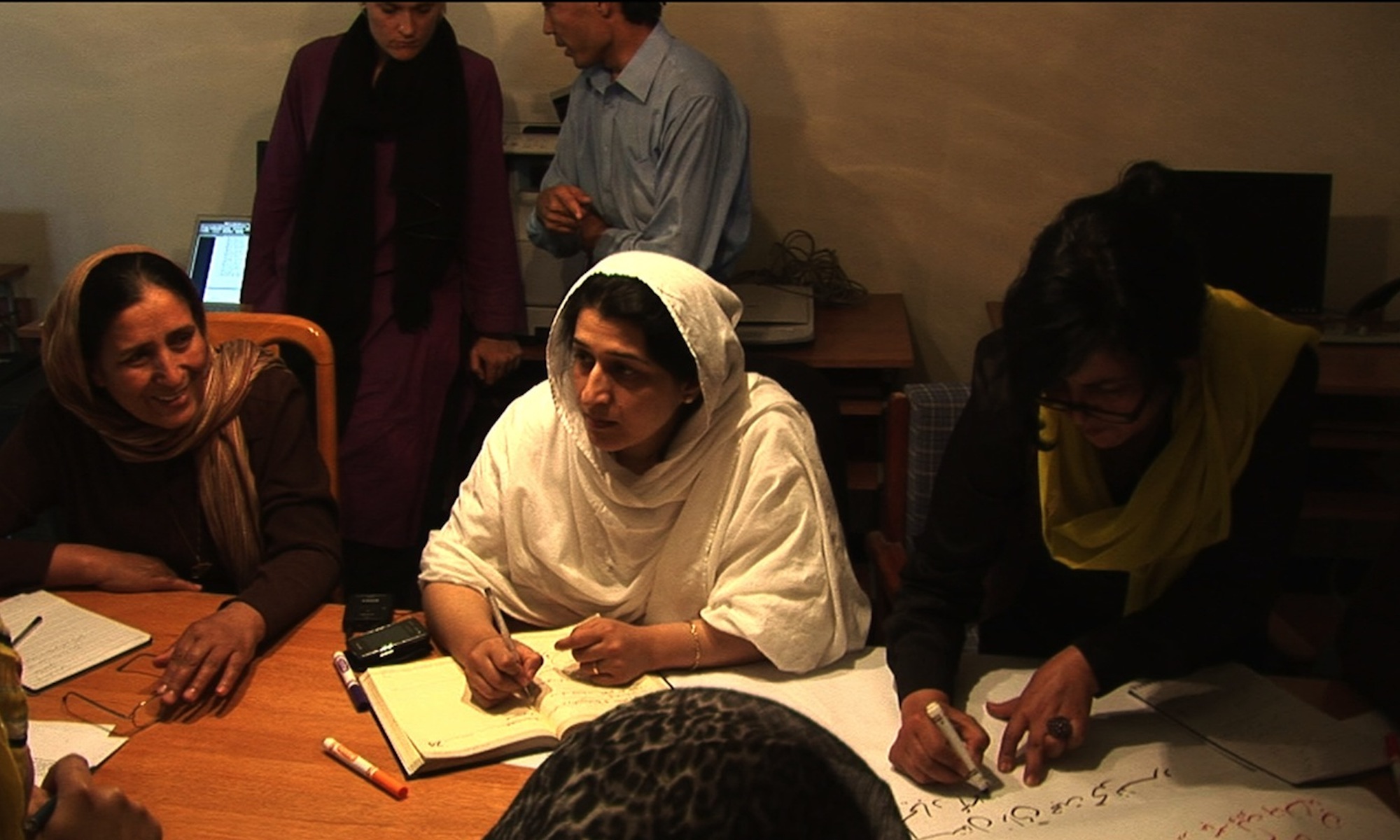Pirates, Fishermen and Peacebuilding: Options for Counter-Piracy Strategy in Somalia
The dominant approach to counter-piracy strategy off Somalia is astonishingly narrow-minded. Deterrence, surveillance and military operations do not provide sustainable or efficient solutions; better strategic alternatives must draw on the lessons of 21st-century peace operations. This perspective leads to an understanding of counterpiracy as a problem of peacebuilding. This allows restructuring and reframing of the problem to permit a much wider repertoire of policy solutions than is currently conceived. This repertoire may include development and security assistance programmes as well as state-building programmes. The approach also permits integration of lessons learned in the frame of international peacebuilding operations, including avoiding technocratic solutions, focusing on power constellations, integrating local knowledge and incrementalism. If the international community wishes to take piracy seriously and respond to its complexities, it would be well advised to adopt a policy in which such alternatives are considered.
The Pirates of Somalia: Ending the Threat, Rebuilding a Nation
Somali piracy attacks surged between 2005 and 2011. Although maritime piracy is as old as seaborne trade, and currently pirates also prey on ships in the Straits of Malacca and the waters of Southeast Asia, the Caribbean seas, and the Gulf of Guinea, what is unique about Somali pirates is the high frequency of attacks. Somali pirates almost exclusively attack vessels to hold cargos and crews hostage and negotiate their release in exchange for ransom. Piracy has not only imposed a hidden tax on world trade generally, it has severely affected the economic activities of neighboring countries. The actual and potential links between pirates and Islamist insurgents are another source of global concern. This report evaluates the nexus between pirates and terrorist organizations. This report shows that it is in the international community’s common interest to find a resolution to Somali piracy, and more generally to help the government of Somalia to rebuild the country. Its findings reinforce the case for action. The costs imposed by Somali pirates on the global economy are so high that international mobilization to eradicate piracy off the horn of Africa not only has global security benefits, it also makes ample economic sense. This report affirms that, beyond its firepower and financial resources, the international community can and should assist Somalia with generating knowledge-knowledge of how local power dynamics shape the rules for resource-sharing, how they drive clan and sub-clan relationships, and ultimately how they determine national political stability-to find solutions to the piracy problem. The report exemplifies the value of using rigorous analytical tools to address some of the pressing problems of Africa.
